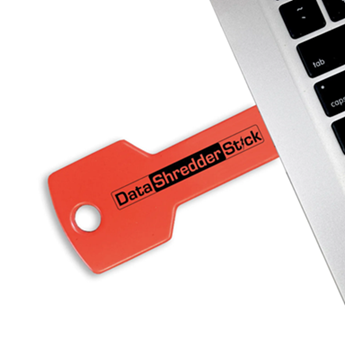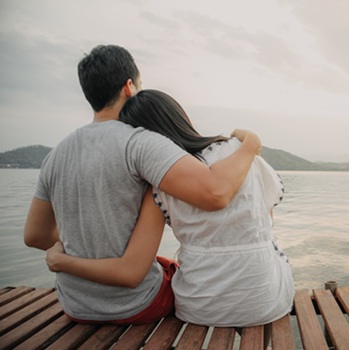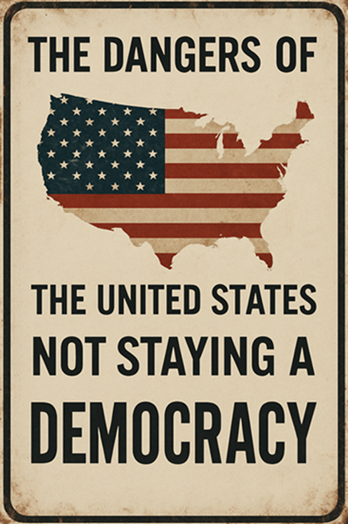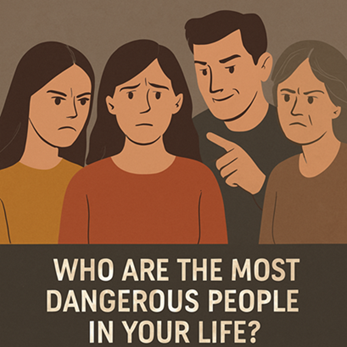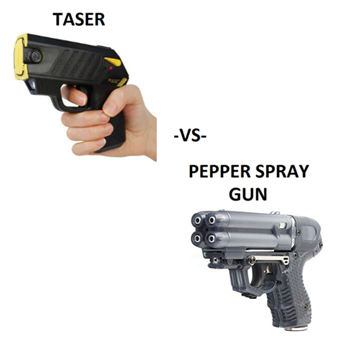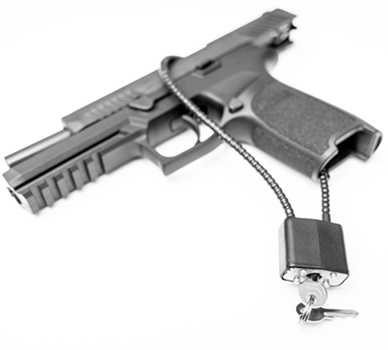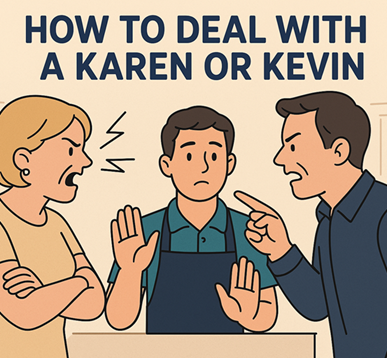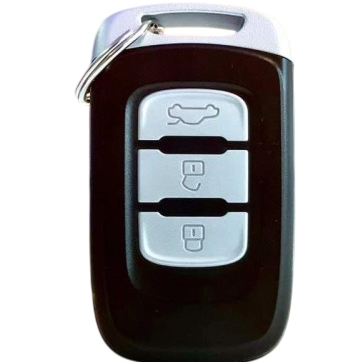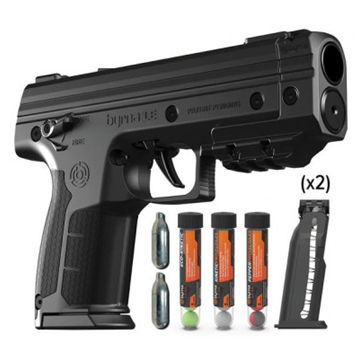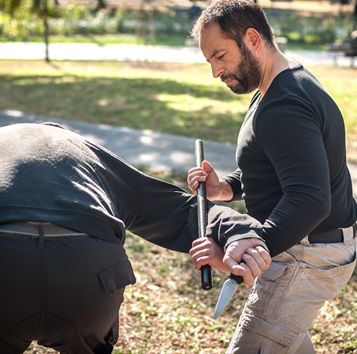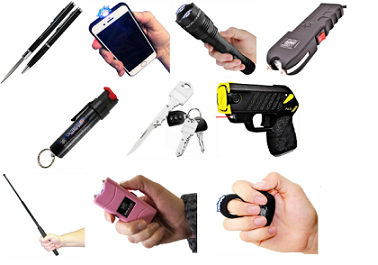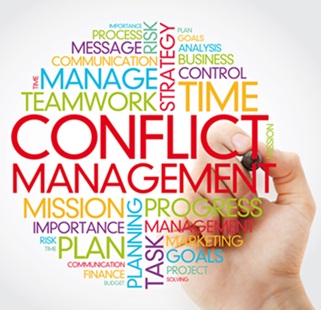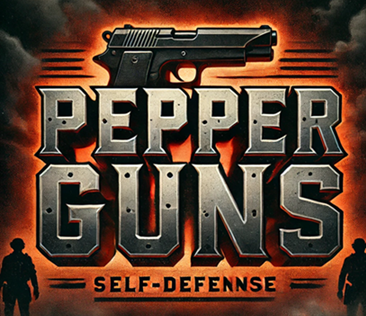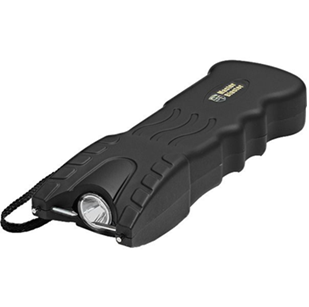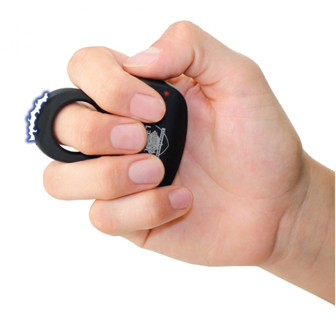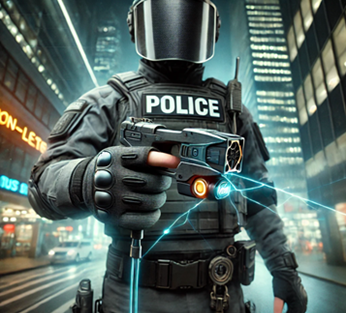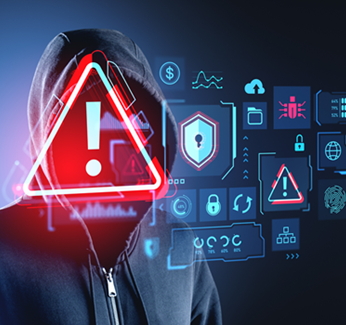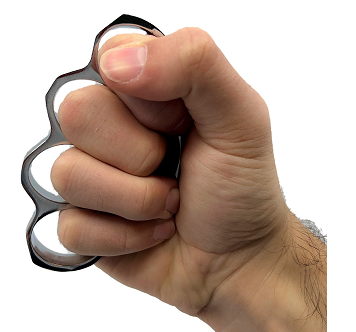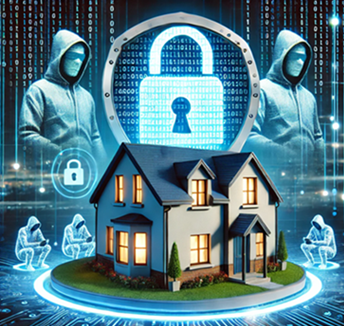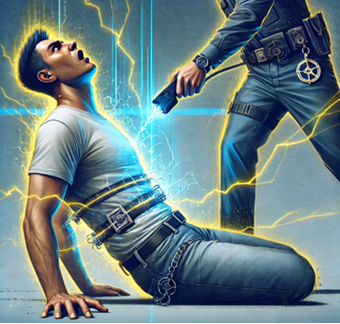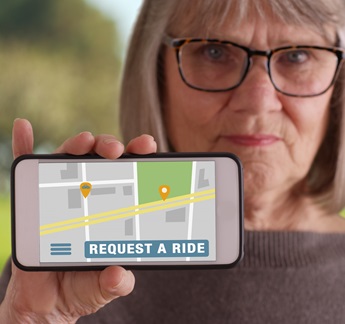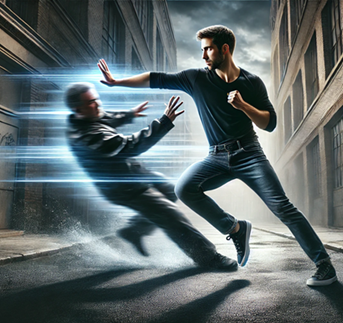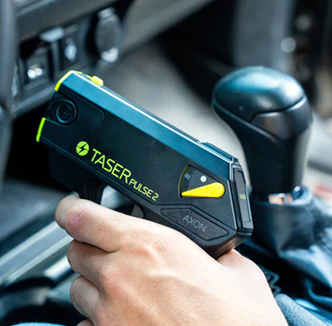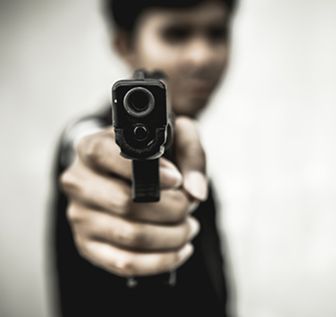Should I Purchase a Gun for My Home?
 The decision to purchase a gun for home defense is one of the most polarizing and deeply personal choices a person can make. It involves weighing complex factors such as personal safety, legal responsibilities, moral considerations, and the potential risks associated with gun ownership. In this blog post, we’ll explore the pros and cons of owning a gun for home protection, examine the statistics and realities of gun use in self-defense, and provide guidance to help you make an informed decision.
The decision to purchase a gun for home defense is one of the most polarizing and deeply personal choices a person can make. It involves weighing complex factors such as personal safety, legal responsibilities, moral considerations, and the potential risks associated with gun ownership. In this blog post, we’ll explore the pros and cons of owning a gun for home protection, examine the statistics and realities of gun use in self-defense, and provide guidance to help you make an informed decision.
Introduction: The Debate Over Gun Ownership
Guns are a deeply ingrained part of American culture, with approximately 40% of U.S. households reporting gun ownership. For many, owning a firearm is seen as a fundamental right and a practical means of protecting themselves and their families. For others, the risks associated with guns—accidental shootings, suicides, and the potential for escalation during conflicts—outweigh the perceived benefits.
The question of whether to purchase a gun for your home is not one that can be answered with a simple “yes” or “no.” It requires careful consideration of your personal circumstances, values, and the specific risks you face. Let’s dive into the key factors to consider.
The Case for Owning a Gun for Home Defense
1. Personal Protection
The primary reason most people consider purchasing a gun is for self-defense. The idea of being able to protect yourself and your loved ones in the event of a home invasion or violent attack is a powerful motivator. Proponents of gun ownership argue that having a firearm can level the playing field, especially for individuals who may be physically vulnerable, such as the elderly or those living alone.
2. Deterrence
The mere presence of a gun can act as a deterrent to potential intruders. Studies have shown that burglars are less likely to target homes where they believe the residents are armed. This perceived risk can make your home a less appealing target.
3. Rapid Response in Emergencies
In situations where law enforcement response times are slow, having a gun can provide a sense of security. If an intruder enters your home, you may not have time to wait for the police to arrive. A firearm can give you the means to defend yourself immediately.
4. Empowerment and Peace of Mind
For many gun owners, simply knowing they have the means to protect themselves provides a sense of empowerment and peace of mind. This psychological benefit can be significant, especially for those who live in high-crime areas or have experienced trauma in the past.
The Case Against Owning a Gun for Home Defense
1. Risk of Accidental Injury or Death
One of the most significant risks of gun ownership is the potential for accidental shootings. According to the Centers for Disease Control and Prevention (CDC), there are hundreds of accidental firearm deaths in the U.S. each year, many of which involve children. Even with proper safety measures, the risk of an accident can never be entirely eliminated.
2. Increased Risk of Suicide
Research has consistently shown that access to firearms increases the risk of suicide. Guns are highly lethal, and suicide attempts involving firearms are far more likely to be fatal than attempts using other methods. If you or a family member struggles with mental health issues, owning a gun could pose a serious risk.
3. Potential for Escalation
In high-stress situations, the presence of a gun can escalate conflicts rather than resolve them. For example, during a heated argument, a firearm could turn a non-lethal altercation into a deadly one. Additionally, if an intruder is armed, the situation could quickly spiral out of control.
4. Legal and Ethical Responsibilities
Owning a gun comes with significant legal and ethical responsibilities. You must ensure that the firearm is stored securely to prevent unauthorized access, and you must be prepared to use it responsibly if the need arises. Misusing a gun, even in self-defense, can lead to criminal charges or civil lawsuits.
5. The Reality of Self-Defense
While many people buy guns for self-defense, the actual likelihood of using a firearm in this capacity is relatively low. According to a study published in the Journal of Injury Prevention, fewer than 1% of gun owners have ever used their firearm to defend themselves. In many cases, non-lethal alternatives such as alarms, locks, and pepper spray can provide effective protection without the risks associated with guns.
Statistics and Realities of Gun Ownership
To make an informed decision, it’s essential to understand the data surrounding gun ownership and self-defense. Here are some key statistics to consider:
-
Gun Violence in the U.S.: The U.S. has one of the highest rates of gun ownership in the world, as well as one of the highest rates of gun-related deaths. According to the CDC, there were over 45,000 gun-related deaths in the U.S. in 2020, including homicides, suicides, and accidental shootings.
-
Self-Defense Use: A study by the Harvard Injury Control Research Center found that guns are used far more often to intimidate or threaten than in actual self-defense. Additionally, victims who use guns in self-defense are no less likely to be injured than those who use other forms of protection.
-
Accidental Shootings: The CDC reports that accidental firearm deaths are most common among children and young adults. Proper storage and safety measures can reduce this risk, but they cannot eliminate it entirely.
-
Suicide Risk: A study published in the New England Journal of Medicine found that access to firearms significantly increases the risk of suicide. In states with higher rates of gun ownership, suicide rates are also higher.
Alternatives to Gun Ownership for Home Defense
If you’re hesitant to purchase a gun but still want to protect your home, there are several effective alternatives to consider:
1. Home Security Systems
Modern home security systems offer a range of features, including home alarms, surveillance cameras, and motion detectors. These systems can deter intruders and provide peace of mind without the risks associated with guns.
2. Reinforced Doors and Windows
Strengthening the physical security of your home can make it more difficult for intruders to gain entry. Consider installing reinforced doors, deadbolt locks, and shatterproof windows.
3. Non-Lethal Self-Defense Tools
Pepper spray, stun guns, tasers and personal alarms are non-lethal alternatives that can provide protection without the risks of gun ownership. These tools are often easier to use and require less training than firearms.
4. Community Safety Measures
Building strong relationships with your neighbors and participating in community safety programs can enhance your overall security. Neighborhood watch programs, for example, can help deter crime and create a sense of collective responsibility.
Key Considerations Before Purchasing a Gun
If you’re leaning toward purchasing a gun for home defense, here are some important factors to consider:
1. Training and Education
Owning a gun is a significant responsibility that requires proper training and education. Before purchasing a firearm, take a safety course to learn how to handle, store, and use it responsibly. Regular practice at a shooting range can also help you maintain your skills.
2. Secure Storage
Safe storage is critical to preventing accidents and unauthorized access. Invest in a high-quality gun safe or lockbox, and ensure that ammunition is stored separately. If you have children in the home, take extra precautions to keep your firearm out of reach.
3. Mental Health Considerations
If you or a family member has a history of mental health issues, carefully consider whether gun ownership is a safe choice. Access to firearms can increase the risk of suicide or impulsive acts of violence.
4. Legal Requirements
Familiarize yourself with the gun laws in your state or country. These may include background checks, waiting periods, and restrictions on certain types of firearms. Failure to comply with these laws can result in serious legal consequences.
5. Insurance and Liability
Consider purchasing liability insurance to protect yourself in the event of an accident or misuse of your firearm. Some homeowners’ insurance policies may also offer coverage for gun-related incidents.
Ethical and Moral Considerations
The decision to own a gun is not just a practical one—it also involves ethical and moral considerations. For some, the idea of using lethal force, even in self-defense, is deeply troubling. Others believe that the right to self-defense is a fundamental moral principle.
Take time to reflect on your values and beliefs. How do you feel about the potential use of lethal force? Are you comfortable with the responsibility of owning a firearm? These are deeply personal questions that only you can answer.
Conclusion: Making the Right Choice for You
Ultimately, the decision to purchase a gun for your home is a deeply personal one that depends on your unique circumstances, values, and risk tolerance. There is no one-size-fits-all answer, and what works for one person may not be the right choice for another.
If you’re considering gun ownership, take the time to educate yourself, weigh the pros and cons, and explore alternatives. Whether you choose to own a gun or not, the most important thing is to prioritize the safety and well-being of yourself and your loved ones.
Remember, owning a gun is a significant responsibility that requires ongoing commitment to safety and training. If you’re not prepared to take on that responsibility, there are other effective ways to protect your home and family.
Whatever you decide, make sure it’s a choice you can live with—and one that aligns with your values and priorities. Stay safe, stay informed, and take the time to make the best decision for your unique situation.
Company Info
Customer Service
Product Information
- TASER® and Stun Devices Regulations by State
- TASER® Safe Escape Product Replacement Guarantee
- TASER® Comparison Chart
- TASER® User Manuals
- TASER® Warranty Info
- Byrna Product Catalog
- PepperBall Manuals & Spec Sheets
- Pepper Spray Laws
- Air Gun Laws
- States that Restrict Automatic and Butterfly Knives
- Our Print Catalog


























